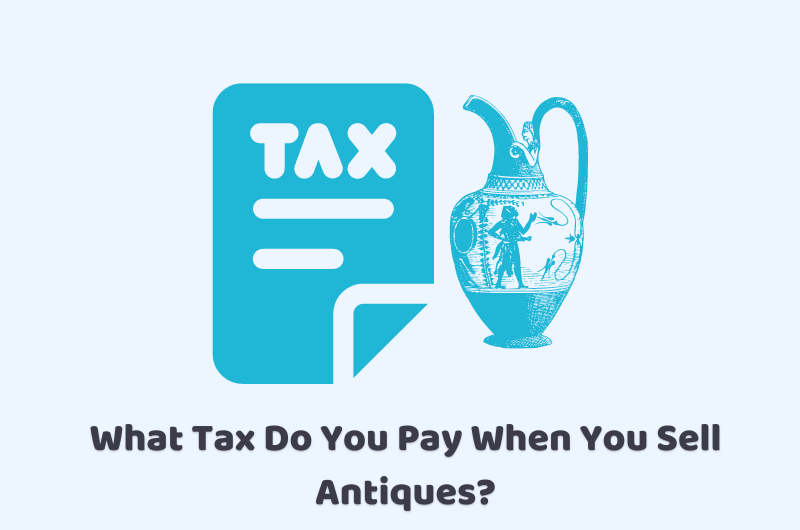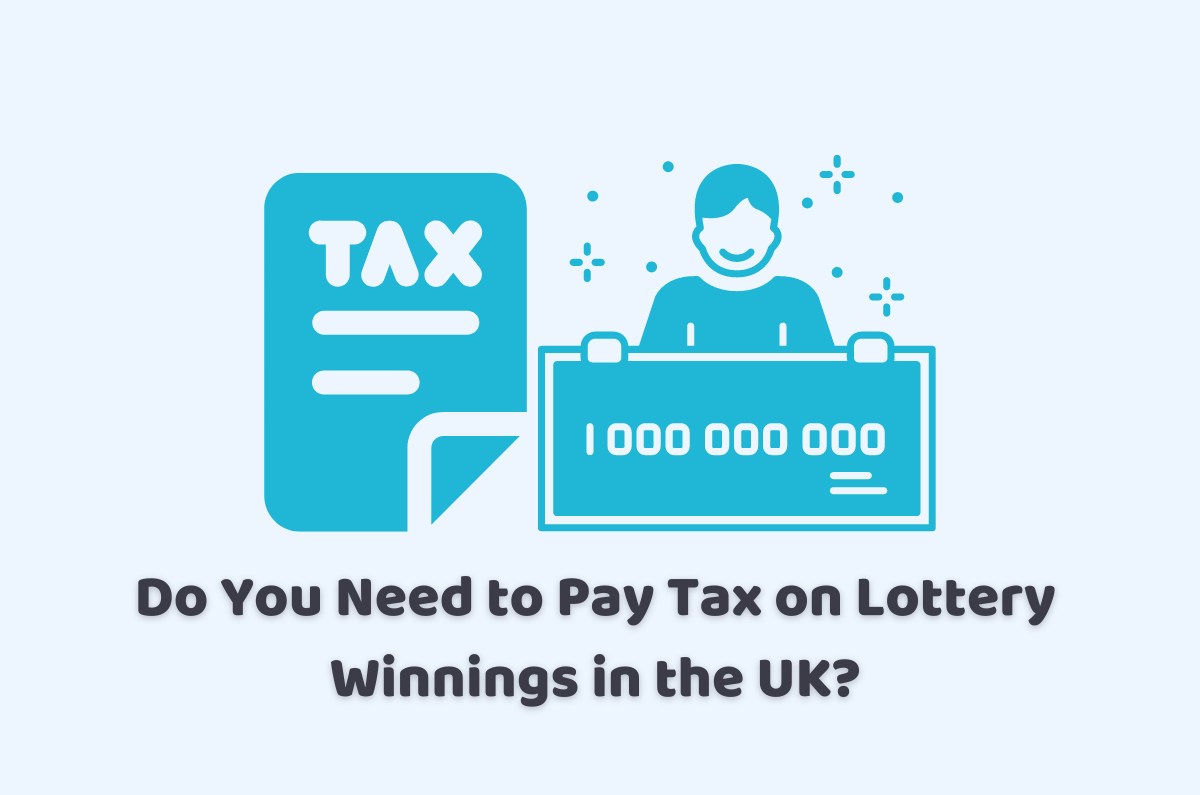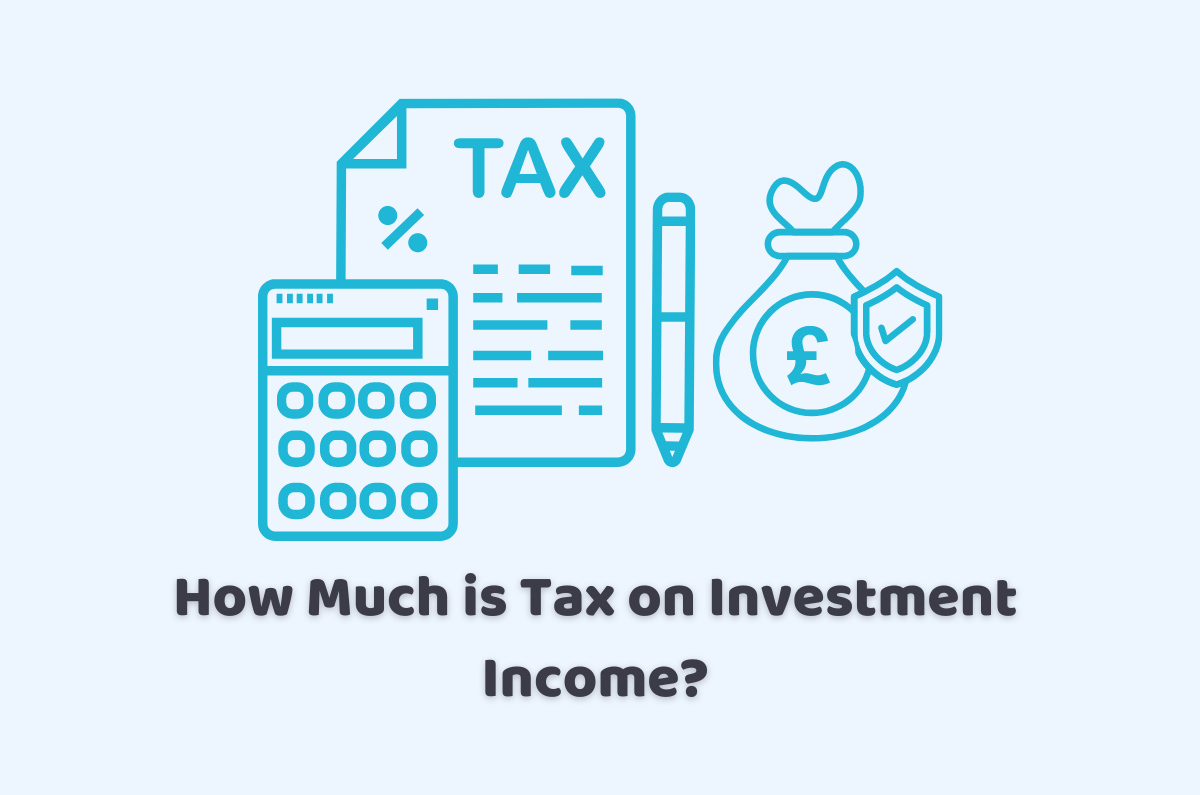
01/03/2023tax , Tax Issues , Tax News and Tips , Tax Saving Tips , Taxation
We all aim to take benefits from the old and precious stuff we have in our homes that came from the category of antiques or are years old and have precious market value still. If you are also the one who is looking for a beneficial way to get an advantage from owning an antique, you are just on the right page. This is because of the fact that we have got you covered with everything that you need to know about tax on selling antiques. This is recommended by the professionals that you must gather a fair amount of information regarding the tax liabilities before you jump on to selling the antiques.
This post here is comprehensive in this regard because it complies in a manner that will hold the discussion on what refers to antiques exactly, what is the use of chattel and wasting assets, whether chattels and antiques are taxable or not, and what is inheritance and antique tax in the UK.
Reach out to one of our professionals to get to know about your tax on selling antiques in the UK. Get in touch and you will be provided instant professional help!
Are Chattels and Antiques Taxable in the UK?
When it comes to the point of selling the antiques and chattels, you will have to deal with paying the capital gains tax on the profits that you will earn through selling them. When you are selling the antique or any other collectable in an amount of more than £6,000, you will have to deal with the capital gains tax. Anything sold out lesser than this amount will not bring in any tax implications. You can even calculate your profits and tax on the amount before you initiate the process for your own clarity.
What is Antiques and Inheritance Tax?
If you are interested in handing over some of your paintings or other art pieces to the art council, be ready to get charged by HMRC. You will find the amount of inheritance tax in your tax bill. Mainly the inheritance tax is implemented on the items that someone else has inherited to your name after their demise.
What Refers to the Antique Collectable Exactly?
Anything that is 100 years old or more than that is classified in the category of antiques. These collectables are actually of high value. Things that are starting from the period of 20 years old to the limit of 100 years old are known as vintage. This period belongs to the era of the 1900s to the 1960s. By having an idea of the number of years of a particular collectable, you can clearly judge which era belongs to this particular time. Whether it is to be classed as vintage or antique. Moreover, things that belong to the era between the 1960s to 1990s are known to be retro. This explains that the old dusted game you might have at your parents’ place is known to be precious and retro.
Furthermore, the shades that your mom might not wear because they are gotten from her grandparents are known to belong with the class vintage. The professionals have observed that every era focused on different types of collectables and items and styles. Let us take the instance of clothing styles popularised from the styles of the vintage and retro eras. However, the antique clothing style is not famous in comparison to that. On the other hand, the paintings and furniture from the antique era are far more popularised than that retro and vintage. They are more valued as well. So it is better to gather important information about your collectables before you get into the selling procedure. This will help to bring you more down the line. These days there are online antique dealers that can help you to know the market value of your collectables.
What is Chattel?
Chattel refers to one of the old words, the collectables that are your personal property will come under the term chattel. However, there is one condition that the item should be tangible. As in your items be able to move and touch your collectable. By this, we mean that the piece of land in one’s property is not chattel but the car is. Most items however will come under the category of antiques and assets.
What is a Wasting Asset?
The major difference between the wasting asset and other assets is that the lifespan of the wasting asset is lower than the other items. So you can expect it to be exempted from certain tax implications. Vintage cards, wine and old watches are a few examples of this category. The maximum limit of the wasting assets is a period of 50 years. These items are exempted from capital gains tax.
The Bottom Line
Now that you have gathered a fair amount of information about how to handle tax on selling antiques, we can bring the discussion towards wrapping up. Selling antiques and vintage stuff is interesting, however, it brings in a lot of tax implications. So before you jump into the process, you must be are of the tax liabilities on your antiques, assets, and other vintage stuff. This will keep you prepared for tax payments in the future. We hope these few minutes of reading will help you to develop a better understanding handling of tax affairs efficiently when it comes to selling antiques.
Get in touch with our young, clever, and tech-driven professionals if you want to choose the best guide for tax on selling antiques in the UK.
Disclaimer: The general information provided in this blog about tax on selling antiques in the UK includes text and graphics. It does not intend to disregard any of the professional advice in the future as well.



